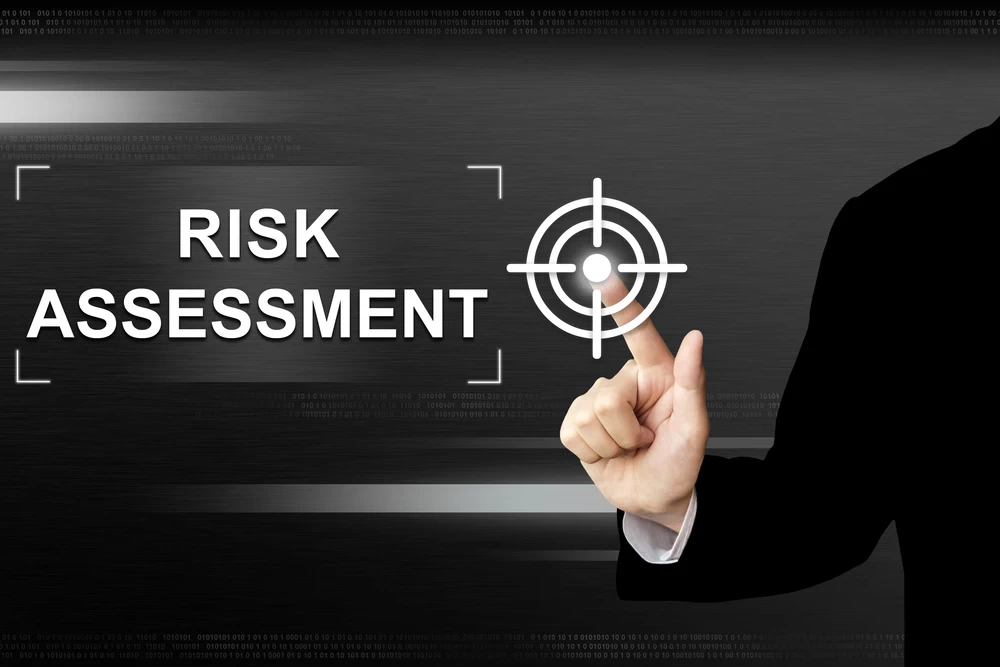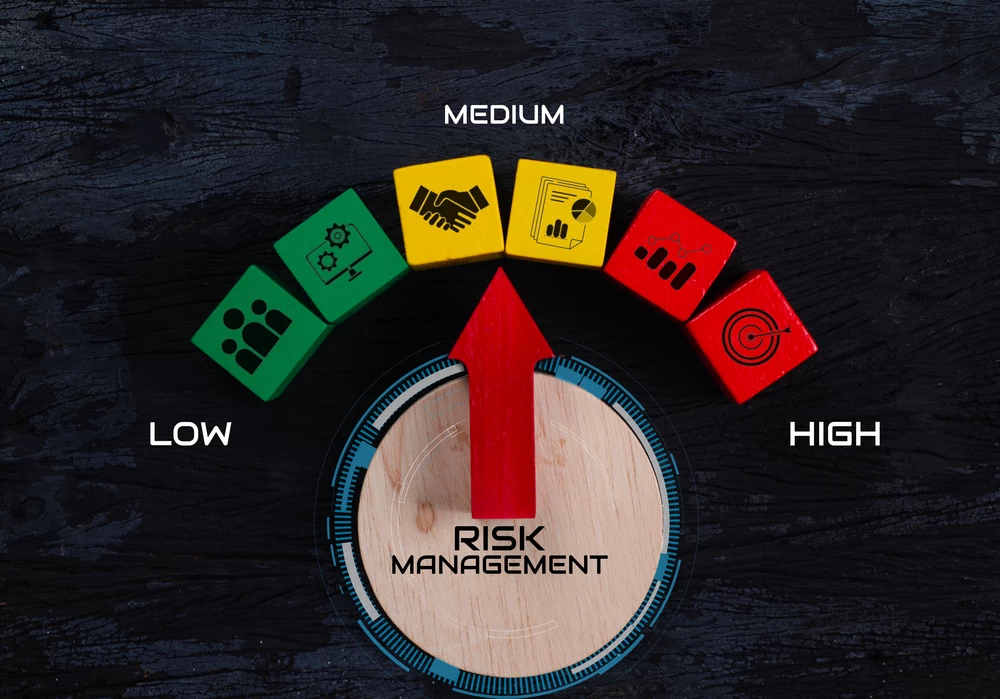
Risk Assessment for Small and Medium Businesses
The Importance of Risk Assessment
The Importance of Risk Assessment for Small and Medium Businesses
In today’s ever-evolving business landscape, small and medium-sized businesses (SMBs) face numerous risks that can disrupt operations, compromise data, and jeopardize their bottom line. Whether it’s a cyberattack, compliance issue, or operational inefficiency, these risks can have lasting impacts. That’s why risk assessment plays a vital role in safeguarding businesses and ensuring long-term success. For SMBs, especially those in the financial sector, proactive business consulting and risk management strategies are essential to thriving in a competitive environment.
What is Risk Assessment?
Risk assessment is the process of identifying, evaluating, and prioritizing risks that could impact your business operations, finances, or reputation. By conducting a thorough risk assessment, you can develop strategies to mitigate these risks, ensuring that your business remains resilient. Unlike one-time evaluations, risk assessment should be an ongoing part of your business consulting and strategic planning to adapt to emerging threats and opportunities.

Why Risk Assessment is Essential for SMBs
1. Protect Against Cyber Threats
Cybersecurity threats are on the rise, with SMBs becoming frequent targets due to limited IT resources. Risk assessment helps identify vulnerabilities in your systems, networks, and processes, allowing you to implement effective defenses like firewalls, endpoint protection, and intrusion detection systems. For example, a risk assessment can uncover weak password policies or outdated software, which can then be addressed to prevent breaches.
2. Maintain Business Continuity
Unexpected events such as natural disasters, hardware failures, or supply chain disruptions can cause costly downtime. A well-executed risk assessment identifies these potential threats and provides the framework to create a business continuity plan. This ensures critical operations continue even during a crisis, minimizing disruptions to your customers and revenue.
3. Protect Your Reputation
Reputation is everything in today’s business environment. A single incident, like a data breach, can damage your brand and erode customer trust. Risk assessment ensures you have safeguards in place, such as encrypted data storage and regular backups, to avoid these issues and protect your reputation.
4. Stay Compliant with Industry Regulations
For financial businesses and other regulated industries, compliance is not optional. Non-compliance with regulations like PCI-DSS, SOX, or GLBA can result in hefty fines, legal action, and reputational damage. A risk assessment helps you stay ahead of compliance requirements, ensuring that your systems and policies meet industry standards.
Steps to Conduct an Effective Risk Assessment
To create a strong risk management strategy, follow these steps:
1. Identify Assets and Threats:
List all critical assets, such as customer data, IT systems, and operational processes. Identify potential threats, including cyberattacks, natural disasters, or system failures.
2. Assess Vulnerabilities:
Determine how susceptible each asset is to the identified threats. For instance, outdated software may be vulnerable to malware, while physical documents stored in unsecured locations may risk theft.
3. Evaluate the Impact:
Assess the potential impact of each risk. Would it lead to financial loss, legal penalties, or reputational harm? Prioritize risks based on their likelihood and severity.
4. Implement Mitigation Strategies:
Develop strategies to address risks. This could include updating cybersecurity tools, training employees, or creating contingency plans for supply chain disruptions.
5. Monitor and Review Regularly:
Risk assessment isn’t a one-time task. Regularly review and update your risk management strategies to account for new threats and changes in your business operations.
Best Practices for SMB Risk Management
- Invest in Employee Training: Human error remains one of the leading causes of security breaches. Regular training helps employees recognize threats like phishing emails and handle sensitive data securely.
- Use Advanced Technology: Leverage tools like intrusion detection systems, firewalls, and multifactor authentication to reduce vulnerabilities.
- Engage Business Consulting Experts: Partnering with a professional business consulting firm ensures your risk assessment is thorough and your strategies are tailored to your specific needs.
Steps to Conduct an Effective Risk Assessment
To create a strong risk management strategy, follow these steps:
1. Identify Assets and Threats:
List all critical assets, such as customer data, IT systems, and operational processes. Identify potential threats, including cyberattacks, natural disasters, or system failures.
2. Assess Vulnerabilities:
Determine how susceptible each asset is to the identified threats. For instance, outdated software may be vulnerable to malware, while physical documents stored in unsecured locations may risk theft.
3. Evaluate the Impact:
Assess the potential impact of each risk. Would it lead to financial loss, legal penalties, or reputational harm? Prioritize risks based on their likelihood and severity.
4. Implement Mitigation Strategies:
Develop strategies to address risks. This could include updating cybersecurity tools, training employees, or creating contingency plans for supply chain disruptions.
5. Monitor and Review Regularly:
Risk assessment isn’t a one-time task. Regularly review and update your risk management strategies to account for new threats and changes in your business operations.
Partner with PH-IT Solutions for Expert Risk Assessment and Business Consulting
At PH-IT Solutions, we specialize in helping SMBs identify risks, maintain compliance, and protect critical assets. Our risk assessment and business consulting services provide actionable insights to enhance your organization’s resilience.
Whether you operate in the financial sector or any other industry, our experts work closely with you to develop tailored solutions that align with your business objectives. From cybersecurity risk assessments to compliance readiness and disaster recovery planning, we’ve got you covered.
Don’t wait until risks turn into costly problems. Contact PH-IT Solutions today for a comprehensive risk assessment and take the first step toward securing your business’s future.
